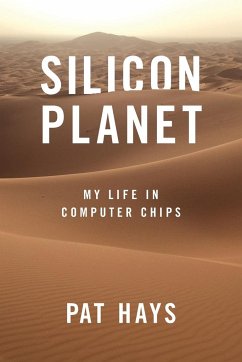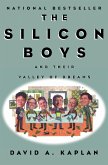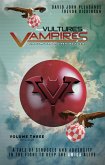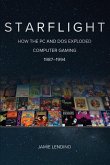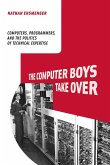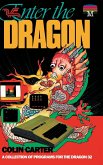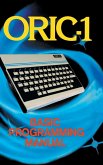A developer's account of the breakthroughs and battles that made computer chips the foundation of our world. ¿Computer chips, like sand and water, now cover the earth. Each year, more than 60 billion computer chips are shipped inside smartphones, data centers, cars, airplanes, refrigerators, and more. How did we get to this point? And what even is a computer chip? For nearly forty years, author Pat Hays developed state-of-art computer chips, as a designer and entrepreneur. Silicon Planet is his personal story, full of the ideas, people, and drama at the heart of this technology. In it, the reader will learn how computer chips are designed and fabricated while witnessing breakthroughs and battles that have shaped our world. Silicon Planet concludes with an analysis of the Boeing 737 MAX disasters-events that exemplify the risks to safety and security that computer chips have brought alongside their benefits. Silicon Planet will engage general readers as well as engineering professionals.

